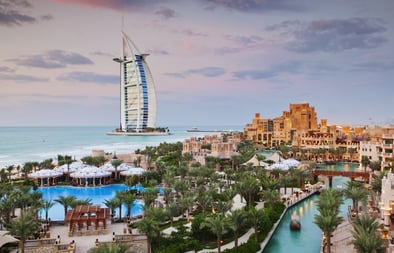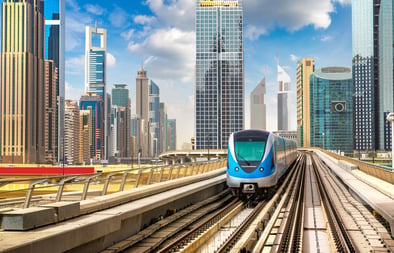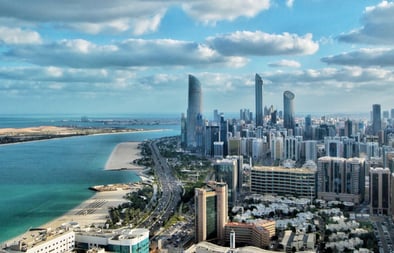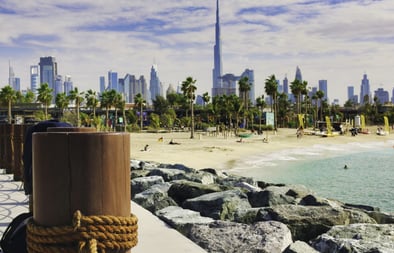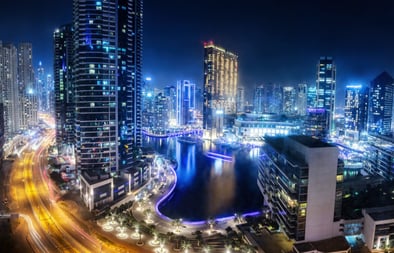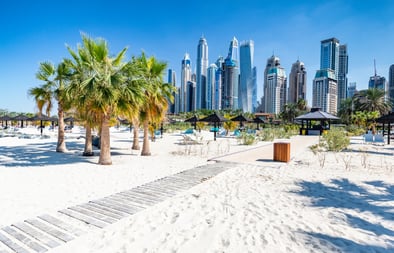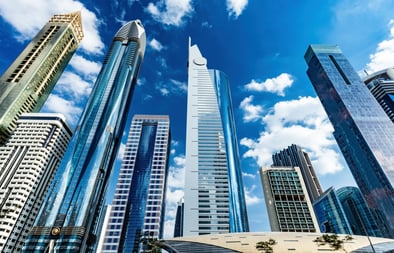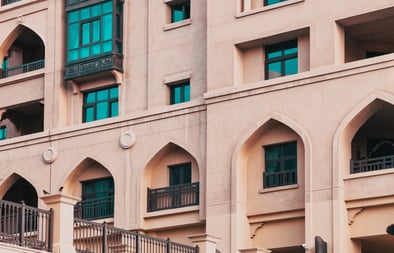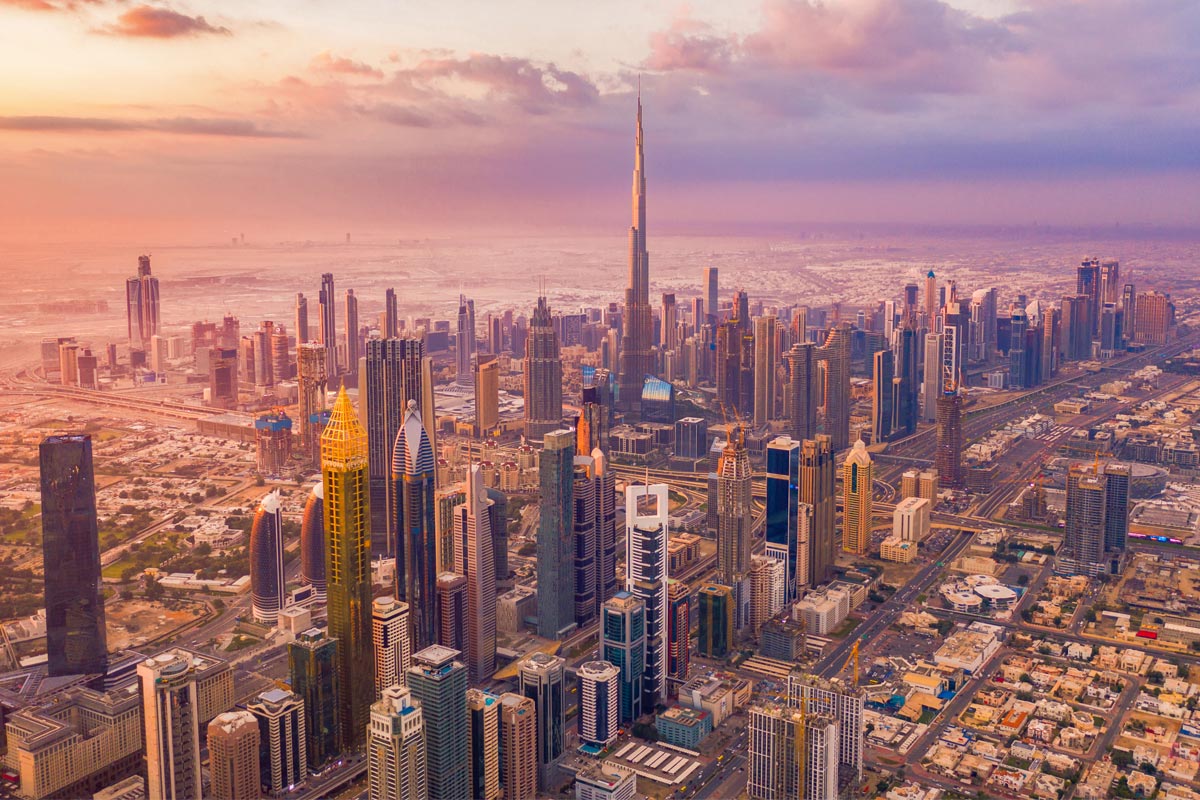
Dubai, with its towering skyscrapers, bustling business districts, and thriving economy, stands as a beacon of modernity and prosperity in the Middle East. For investors eyeing the lucrative opportunities in the city's commercial real estate sector, understanding its dynamics and nuances is paramount. In this guide, we'll delve into the ins and outs of Dubai's commercial property market, offering insights, tips, and strategies to navigate this dynamic landscape effectively.
Understanding Dubai's Commercial Property Landscape:
Dubai's commercial property market encompasses a diverse range of properties, including office spaces, retail outlets, industrial warehouses, and hospitality establishments. Each sector has its unique characteristics, catering to different types of businesses and investors.
Office Spaces:
Dubai's office market is one of the most dynamic segments of its commercial real estate sector. The city boasts world-class office towers, business parks, and coworking spaces, catering to multinational corporations, SMEs, and startups alike. Key business districts such as Downtown Dubai, Dubai International Financial Centre (DIFC), and Dubai Marina are highly sought after for office space due to their strategic locations, modern amenities, and vibrant business ecosystems.
Investors should consider factors such as rental yields, occupancy rates, and demand-supply dynamics when evaluating office properties in Dubai. Additionally, proximity to transportation hubs, accessibility, and surrounding infrastructure play crucial roles in determining the attractiveness of a commercial office building.
Retail Outlets:
Dubai's retail sector is synonymous with luxury shopping malls, bustling souks, and vibrant retail districts. From high-end fashion boutiques to traditional marketplaces, the city offers a diverse retail landscape that caters to both residents and tourists.
Investing in retail properties in Dubai requires a deep understanding of consumer preferences, footfall patterns, and retail trends. Prime locations such as The Dubai Mall, Mall of the Emirates, and Dubai Marina Mall command premium rents and attract a steady stream of shoppers year-round. However, investors should carefully assess market dynamics, competition, and changing consumer behavior to mitigate risks and maximize returns in the retail segment.
Industrial Warehouses:
Dubai's strategic location as a global trade and logistics hub makes it an ideal destination for industrial and logistics facilities. The city's modern infrastructure, efficient transportation network, and business-friendly policies have fueled the growth of its industrial real estate sector.
Investors seeking opportunities in industrial warehouses should focus on locations with easy access to ports, airports, and major highways. Areas like Jebel Ali Free Zone, Dubai Investments Park, and Dubai Industrial City are popular choices for industrial developments due to their proximity to key transportation nodes and logistical advantages. Factors such as warehouse size, ceiling height, loading facilities, and lease terms should be carefully evaluated when considering industrial properties in Dubai.
Hospitality Establishments:
Dubai's tourism and hospitality sector is a key driver of its economy, attracting millions of visitors each year to its world-class hotels, resorts, and entertainment venues. The city's hospitality real estate market offers opportunities for investors looking to capitalize on the growing demand for accommodation and leisure facilities.
Investing in hospitality properties in Dubai requires a thorough analysis of market trends, tourism statistics, and hotel performance metrics. Factors such as location, brand reputation, quality of amenities, and potential for capital appreciation should be taken into account when evaluating hotel investments. With Dubai's ambitious tourism targets and mega-events such as Expo 2020, the outlook for the hospitality sector remains positive, offering attractive prospects for investors in the long run.
Navigating the Commercial Property Investment Process:
Investing in commercial properties in Dubai involves a systematic approach encompassing market research, due diligence, financing, and asset management. Here are some key steps to navigate the investment process effectively:
Market Research:
Begin by conducting thorough market research to identify investment opportunities, understand market trends, and assess demand-supply dynamics in various commercial property segments. Utilize data from reputable sources, consult industry reports, and leverage the expertise of local real estate professionals to gain insights into the market landscape.
Due Diligence:
Perform comprehensive due diligence on potential investment properties, including financial analysis, legal review, and physical inspection. Evaluate the property's financial performance, lease agreements, title deeds, zoning regulations, and any potential legal or regulatory issues that may impact the investment. Engage qualified professionals such as lawyers, accountants, and property consultants to assist with due diligence and mitigate risks.
Financing:
Explore financing options such as bank loans, mortgage financing, or equity partnerships to fund your commercial property investment. Evaluate the cost of financing, loan terms, and repayment schedules to determine the most suitable financing arrangement for your investment strategy. Work closely with financial institutions and mortgage brokers to secure competitive financing terms and streamline the funding process.
Asset Management:
Once you've acquired a commercial property, implement effective asset management strategies to optimize its performance and maximize returns. Monitor market trends, rental rates, and tenant satisfaction levels to ensure the property remains competitive and profitable. Proactively address maintenance issues, tenant concerns, and lease renewals to maintain occupancy levels and enhance property value over time. Consider engaging professional property management firms to handle day-to-day operations and maintenance tasks, allowing you to focus on strategic decision-making and portfolio growth.
Conclusion:

























